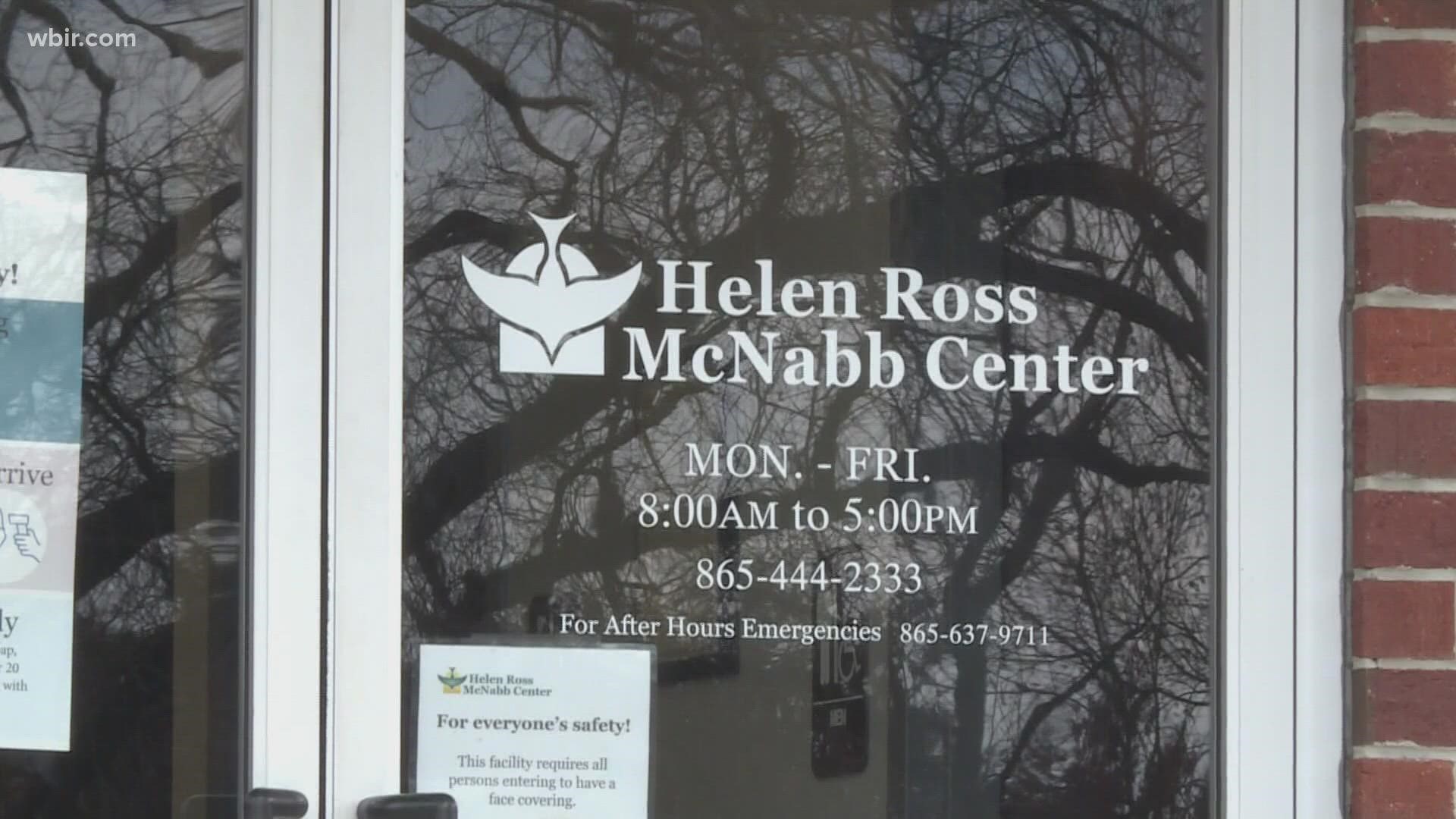KNOXVILLE, Tenn — (UPDATED Aug. 10): Knoxville city leaders said that one of their top priorities is addressing the mental health crisis, getting more people treatment when they need it.
Last fall, leaders formed a co-response team between the Knoxville Police Department and McNabb Center hoping to connect people in need with community resources.
The program pairs a behavioral health specialist with a KPD officer to respond when someone needs treatment or to deescalate instead of arresting them.
In August, the Knoxville City Council approved an additional $380,000 a year in funding to expand the program, which mayor Indya Kincannon said in July would allow up to four teams working seven days a week.
"If we can provide that kind of response early on, then we have the ability to give them treatment in lieu of maybe being incarcerated or maybe going some other path that may not be so beneficial for them," Candace Allen with the McNabb Center said.
Lillie Halsey is on the team and teams up with KPD Sgt. Thomas Clinton 4-6 times per day to respond to calls involving behavioral issues and mental health crises.
"Every call we get, you don't know what you're walking into," said Halsey.
From October until the end of May, the team responded to around 200 calls. Those calls ranged from suicidal ideation, substance abuse and anything in between.
Halsey said having an officer on the scene provides safety as she works with people in need.
"Day to day we never know what we're going to get dispatched to, called to, or respond to," she said. "He's able to give me space and time that I need while I'm helping the person in crisis, while also understanding scene safety for not only me but also him."
While working one on one with the person in crisis, she's able to de-escalate the situation and figure out the best way to meet the person's needs. She said the team's big goal is to divert people away from jail and criminal charges, connecting them with resources instead.
Around 50 percent of calls ended with a visit to the emergency room, but Halsey said she continues to follow up with calls in the weeks after she meets a person who needs help.
"The more we can get mental health professionals at point of contact, I think the better it is for the community," she said.
Leann Human-Hilliard with the McNabb Center said they are continuing to make improvements to the program.
Some community leaders want to see an alternative response program, pairing a social worker with a medic instead of a police officer. Human-Hilliard said those teams would be separate from the current program in place.

